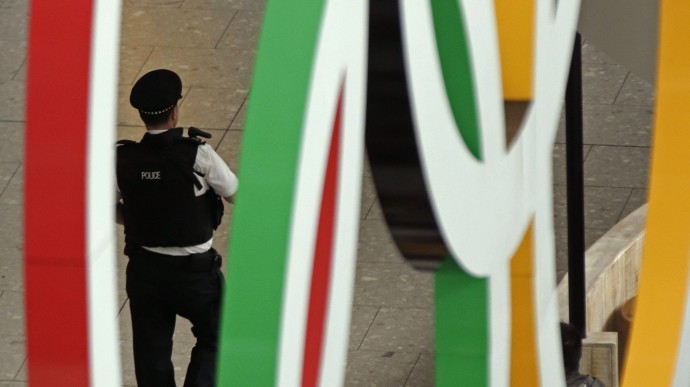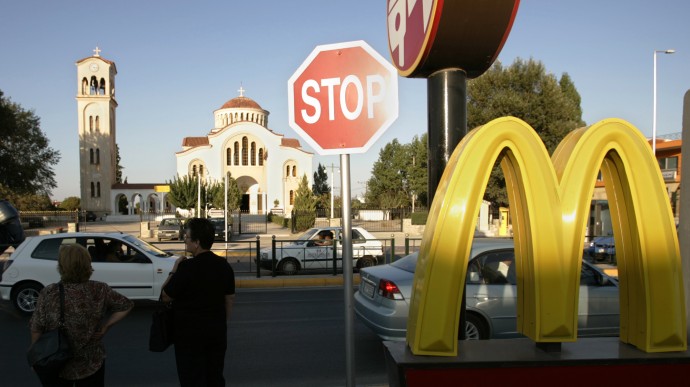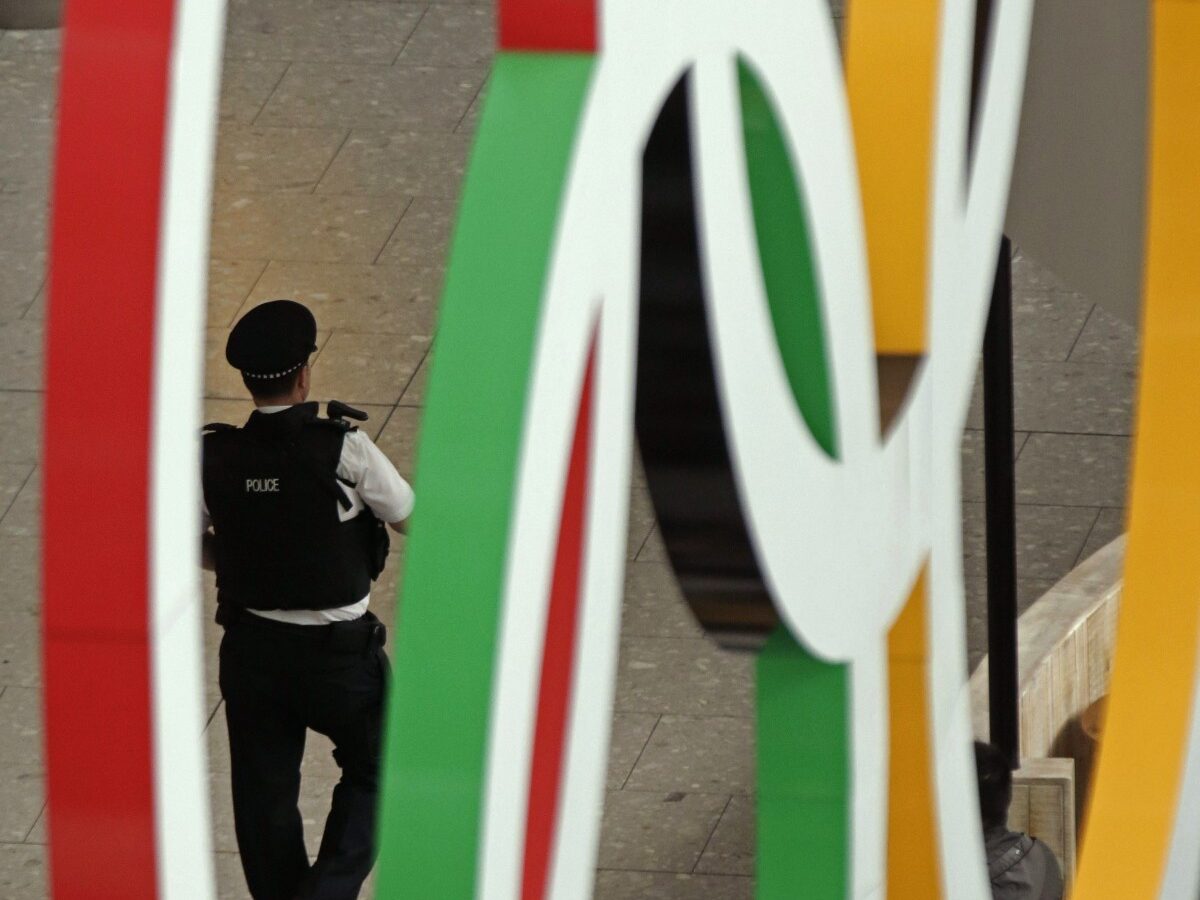
Like many people who watched the Olympic games these past two weeks, I was sad to see them come to an end. For me, it was not about the USA and its celebrity sportsmen and women and how many medals each won (which seemed to be all the announcers at NBC cared about), rather, it was being exposed to sports that otherwise get little or no attention in the media. I was personally fascinated with badminton and Ping-Pong, two sports that everyone has played at some point in their life, but rarely seen in competition. Also, I was captivated with the concentration and strength needed to master archery, a sport that was first introduced to the Olympics in 1904. My favorites, though, were watching judo and water polo, two sports that I participated in during my youth.
However, the privilege of watching the games did not come without a price. Above all, these Olympics were all about the “official” sponsors. Whether one watched them live via the Internet (without the nauseating NBC commentary) or on the television, the first thing that caught one’s attention was the amount of advertisements. For 17 days, we (the audience) were bombarded with commercials from the “official 2012 London Olympics sponsors.” Similar to the 2008 summer Olympics in Beijing, it was all about getting the advertisers’ message out. And if that were not bad enough, commercial breaks did not always come at the most opportune times, like when there was a natural break in the sport like when a race was finished. When watching on the Internet, commercials seemed to appear at random without any concern for the audience.

What I found most ironic, though, was that the International Olympic Committee (IOC) allowed both Coca Cola and McDonald’s restaurants to sponsor the games. The purpose of the Olympics is not only to bring nations closer together but it is also to celebrate human achievement through sport. If we are to be inspired by the athletes who compete in the games, then we should be motivated to eat well, exercise and live a healthy lifestyle. Slogans that suggest that by drinking Coke you are supporting American athletes is fine and dandy, but ironically, it’s doing nothing to improve your own well being. One of the major factors behind obesity in this and many other countries is our addiction to fizzy sugary drinks like Coca Cola and processed fast food for which the name McDonald’s is synonymous.
Besides the commercials, the other common complaint that reverberated across blogs and commentary on the Internet was the deliberate delay of broadcasting popular events in swimming, track and field and gymnastics so that they could be only viewed during prime time. By then it was widely known who had won the events. This is my opinion: NBC was guilty of hijacking the Olympic games for the sole purpose of pleasing the advertisers. The Olympic games are supposed to be above this and the IOC should insist that in future games all events be made available when they happen, regardless of the time they are taking place.
Before the Olympics even began, there was controversy over the use of the Olympic symbol, which depicts five different colored circles. In a way to celebrate the games, some creative shop owners in London thought that it might be fun to decorate their windows in the Olympic spirit. One woman who owned a florist shop made a flower arrangement depicting the five circles. A butcher did something similar using sausages. In both cases London’s Olympic “branding police” were summoned and they ordered both vendors remove their decorations, siting an ordinance that forbids anyone other than official Olympic sponsors to use the official logo and Olympic symbol.
In 1984, I watched the summer Olympics in Sweden. What I remember most about those games, other than the entire Soviet bloc boycotted them in retaliation for the U.S. and many other western nations boycotting the 1980 Olympics in Moscow, was that we watched the games almost as if we were in the venue. There was no commentary and no commercial breaks, just continuing Olympic coverage.
Unfortunately, the Olympics games are falling prey to the ugly side of globalization; instead of promoting the coming together of nations, advertisers are driving a wedge between the competitors and their audience. I can’t imagine that advertisers will back off during the 2016 summer Olympics in Rio de Janeiro. My only hope is that the “Samba” nation will give its people a break and at least let the Olympic symbol be celebrated by all, without interference from the “branding police.”


